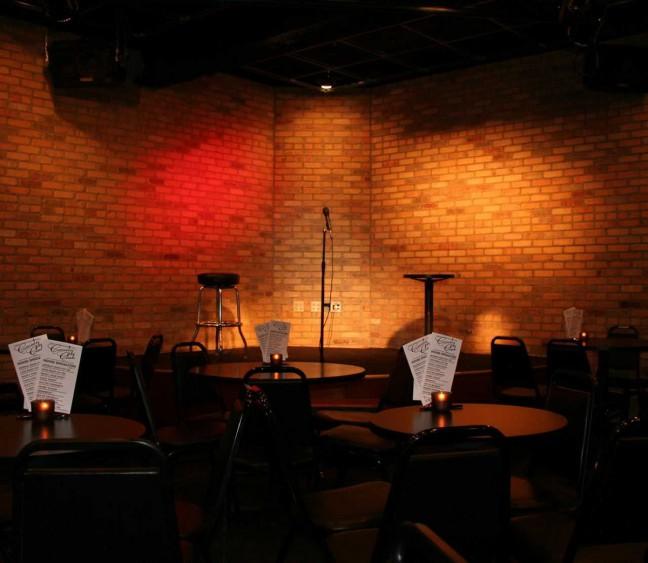The Comedy Club. The iconic Madison bar and lounge that boasts of talent. My first time visiting the comedy club was an experience to say the least. Attending for a student organization social, I was excited to spend a Thursday night laughing in good company.
The headliner was Josh Johnson, Comedy Central’s 2015 Comic to Watch and a writer for Jimmy Fallon. Yet before I was even served my first drink, the club’s opener turned what would have been a night to remember into a night I will never forget.
“Some people open with a joke. I say a razor. Because a joke can’t solve all of my problems.” That was the first “joke” I heard that night. My jaw dropped. Not because I was impressed with the comic’s wit, or because I found it funny. No, because as someone who suffers from depression and self harm, I was incredibly offended and hurt by his sad excuse for comedy.
I think I would have been fine if it had stayed at that. But it didn’t and I wasn’t. Instead of moving on to a different topic, this comic decided to spend the entirety of his time on stage joking about suicide.
But that’s fine, right? People need to learn to not take things seriously. To just brush it off because it was a joke, right? Wrong.
I understand that comedy tends to target individuals of all backgrounds, races and political parties. Yet when it makes light of an extremely dark and painful situation like suicide, it’s a whole other level of wrong.
That night, I was triggered to the point of having to get up in the middle of the act and excuse myself from the room. Instead of laughing with my friends in the booth, I found myself listening to joke after agonizing joke in the Women’s bathroom. I remember staring at myself in the mirror, wondering what the hell was wrong with me as echoes of the audience’s laughter seeped through the overhead speaker.
The bottom line is that jokes normalize things. Joking about something as horrifying as self harm and suicide desensitizes it to the point where people believe it’s not a big deal.
My experience at the Comedy Club may have been an isolated incident, but it is representative of a much larger problem. We need to do better. As human beings, as community members, and as friends. We need to learn that our words have power, and that what we say affects people. We all contribute to the stigma that surrounds mental illness. But we don’t have to.
Katie Silasiri (silasiri@wisc.edu) is a junior majoring in community and nonprofit leadership.


